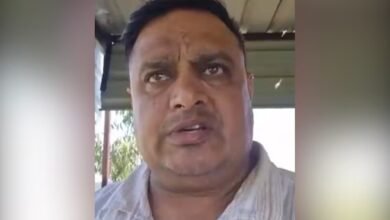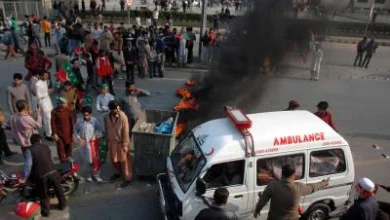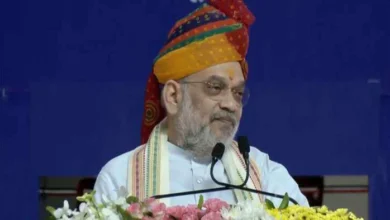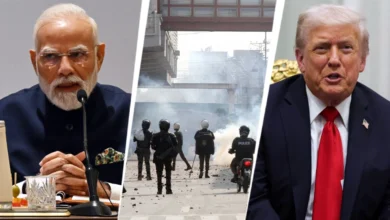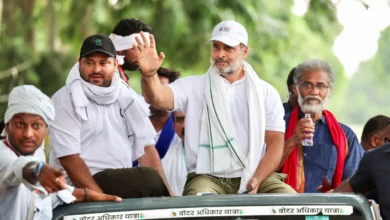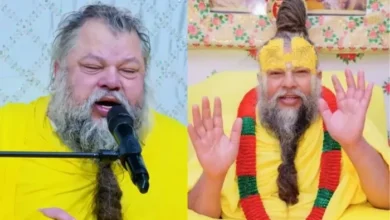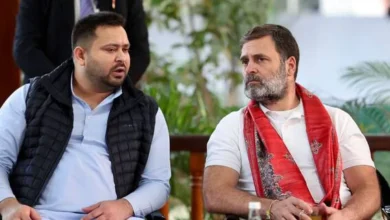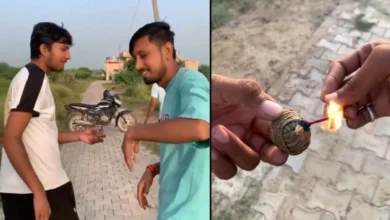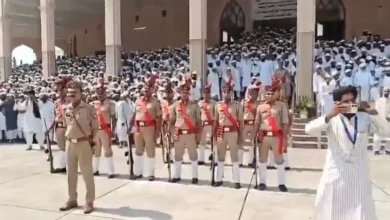Counter-terrorism, security, rare earths in focus during PM Modi’s 5-nation tour
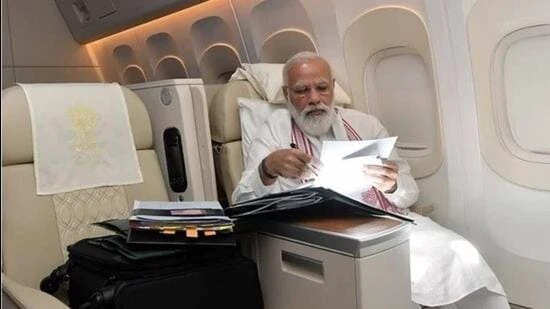
New Delhi: Garnering support for India’s campaign against terror, security cooperation and collaboration on critical minerals will be in focus during Prime Minister Narendra Modi’s five-nation tour from July 2, and officials said on Monday the leaders’ declaration at the Brics Summit in Brazil is expected to denounce the Pahalgam attack and call for concerted action against terrorism.
Modi is set to travel to Ghana, Trinidad and Tobago, Argentina, Brazil and Namibia – all seen as part of the Global South – during July 2-9, with the main engagement of the visit being the Brics Summit in Rio de Janeiro during July 6-7. Bolstering defence and security cooperation and ramping up trade and investment will be a key part of Modi’s discussions with leaders of all five countries.
India has made a global diplomatic outreach to gain support for its campaign against cross-border terror since it launched Operation Sindoor on May 7 to target terrorist infrastructure in Pakistan in retaliation for the Pahalgam attack on April 22 that killed 26 civilians. Dammu Ravi, secretary (economic relations) in the external affairs ministry, told a media briefing the leaders’ declaration of the Brics Summit being hosted by Brazil is expected to echo India’s call for concerted global action against terrorism.
Ravi said there is no contradiction among Brics member states on the issue of terrorism as they had expressed understanding, sympathy and solidarity with India on the Pahalgam attack. Besides India and Brazil, Brics includes Russia, China, South Africa, Egypt, Ethiopia, Indonesia, Iran and the United Arab Emirates.
“I think this has been very well captured in the [leaders] declaration and all the members are very sensitive to this matter,” he said about the document that will be issued at the conclusion of the summit. “There is also a broader understanding on how to deal with this menace of terrorism and no one should be spared in dealing with it.”
The five-nation tour is in keeping with India’s efforts at diversifying engagements with emerging countries and its focus on the Global South, officials said. Despite a decision by Chinese President Xi Jinping and Russian President Vladimir Putin to skip the Brics Summit, Ravi said Modi’s presence will be an “expression of solidarity” with the grouping that India will chair next year.
Brazil’s agenda for the Brics Summit encapsulates the issues of the Global South and these are in alignment with India’s positions, Ravi said. The summit will also be a key opportunity to connect with other leaders of the Global South, he said.
With Namibia, Argentina and Brazil having sizeable reserves of rare earths such as lithium, cobalt, graphite and tantalum that are needed to power India’s energy transition and green technologies, discussions on assured supplies of critical minerals is expected to figure in Modi’s discussions with the leaders of these countries. Brazil has the world’s third-largest rare earth reserves, and Argentina is part of the “lithium triangle” along with Chile and Bolivia, with more than half the world’s total lithium reserves.
India’s Khanij Bidesh India Limited (KABIL) and an Argentinian state-run firm signed an agreement last year for the exploration of lithium, and P Kumaran, secretary (East) in the external affairs ministry, told the media briefing that KABIL and Coal India have been granted four concessions in Argentina’s Catamarca province to develop sites. From the private sector, Greenco and World Metals & Alloys too have been granted a concession, he said.
While overarching discussions on defence and security cooperation will figure in discussions with all five countries, Kumaran said there will be talks with Brazil on enhancing joint research, information-sharing and training exchanges. Brazil has also expressed interest in acquiring defence equipment from India, including secure communications systems, offshore patrol vessels, the Akash air defence system, coastal surveillance systems, and Garuda artillery guns, he said.
Modi will be the first Indian premier to visit Ghana in three decades, and talks will focus on boosting economic cooperation. Two-way trade is currently worth $3 billion, with the balance in Ghana’s favour because of India’s large imports of gold, while Indian investments in the country are worth about $2 billion, officials said.
An Indian premier is visiting Namibia after 27 years, and a key outcome of the trip will be an agreement on inter-operability of India’s Unified Payment Interface (UPI) system, officials said. During Modi’s bilateral meeting with Brazil’s President Luiz Inácio Lula da Silva in Brasilia on July 8, the discussions will focus on bolstering trade and investment, and cooperation in oil and gas, renewable energy, space and technology. Two-way trade is currently worth around $12.2 billion, with the balance in India’s favour.
